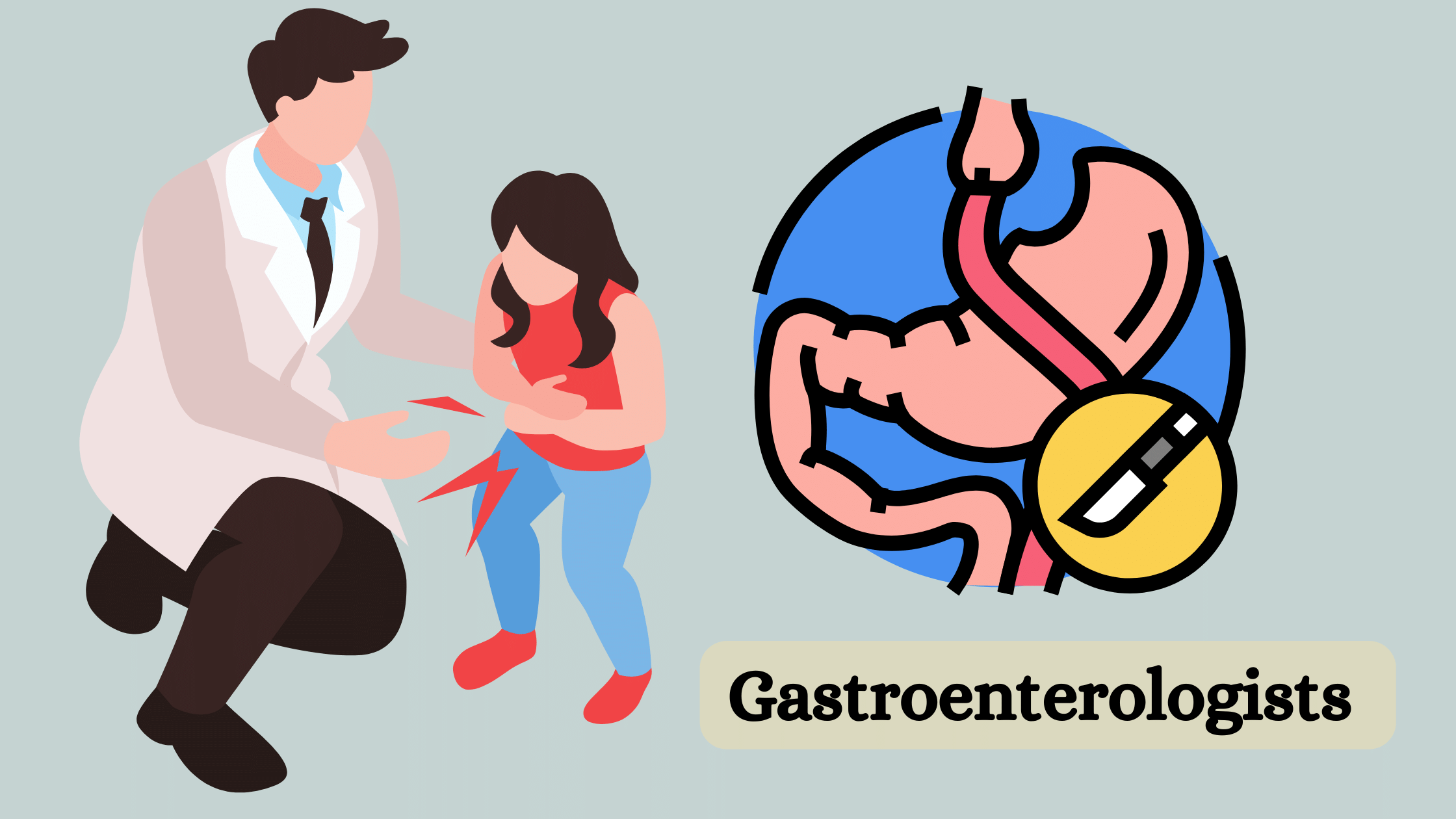
Gastroenterology is a branch of medicine focused on the digestive system and its disorders. Gastroenterologists are physicians who specialize in diagnosing, treating, and managing conditions that affect the gastrointestinal (GI) tract, liver, pancreas, and other associated organs. From common digestive issues to complex diseases, gastroenterologists play a crucial role in maintaining digestive health and overall well-being. In the bustling city of Poznań, where quality healthcare is paramount, finding the dobry gastroenterolog Poznań is essential for those seeking effective treatment and compassionate care for digestive issues. You can search Google and find any good doctor in Poznań.
In this comprehensive guide, we’ll delve into the realm of gastroenterology, exploring the duties of gastroenterologists, the reasons why individuals might seek their expertise, and the importance of digestive health in everyday life.
Understanding Gastroenterology
The digestive system is a complex network of organs responsible for processing food, absorbing nutrients, and eliminating waste from the body. It includes organs such as the esophagus, stomach, small intestine, large intestine (colon), liver, gallbladder, and pancreas, all working together seamlessly to ensure proper digestion and nutrient absorption.
Gastroenterology encompasses the study of these organs and their functions, as well as the diagnosis and treatment of various disorders that can affect them. Gastroenterologists undergo extensive training in internal medicine followed by specialized training in gastroenterology, equipping them with the knowledge and skills needed to address a wide range of digestive issues.
The Role of Gastroenterologists
Gastroenterologists play a multifaceted role in healthcare, covering preventive care, diagnostic procedures, treatment interventions, and ongoing management of digestive conditions. Some key aspects of their role include:
- Diagnosis: Gastroenterologists utilize a variety of diagnostic tools and procedures to identify digestive disorders. These may include endoscopy, colonoscopy, imaging tests (such as MRI or CT scans), blood tests, and stool tests. Through careful examination and analysis, they can pinpoint the underlying cause of symptoms and develop an appropriate treatment plan.
- Treatment: Once a diagnosis is established, gastroenterologists work closely with patients to develop personalized treatment strategies. This may involve medications, lifestyle modifications, dietary changes, or surgical interventions, depending on the nature and severity of the condition.
- Management: Many digestive disorders require long-term management to control symptoms, prevent complications, and optimize overall health. Gastroenterologists provide ongoing monitoring and support to ensure that patients receive the necessary care and follow-up evaluations.
- Preventive Care: In addition to treating existing conditions, gastroenterologists also focus on preventive care measures to reduce the risk of digestive problems. This may include screenings for colon cancer, hepatitis, and other conditions, as well as providing guidance on healthy lifestyle habits and vaccination against certain infectious diseases.
Common Conditions Treated by Gastroenterologists
Gastroenterologists diagnose and treat a wide range of digestive disorders, ranging from mild to severe. Some of the most common conditions they encounter include:
- Gastroesophageal Reflux Disease (GERD): Characterized by chronic acid reflux, GERD can lead to heartburn, chest pain, and other uncomfortable symptoms if left untreated. Gastroenterologists can recommend medications, lifestyle changes, or surgical options to alleviate symptoms and prevent complications.
- Irritable Bowel Syndrome (IBS): IBS is a chronic disorder of the large intestine, causing symptoms such as abdominal pain, bloating, diarrhea, and constipation. Gastroenterologists can help patients manage their symptoms through dietary modifications, stress management techniques, and medication.
- Inflammatory Bowel Disease (IBD): This umbrella term includes conditions such as Crohn’s disease and ulcerative colitis, which involve chronic inflammation of the digestive tract. Gastroenterologists play a key role in diagnosing and managing IBD, often using a combination of medications, lifestyle changes, and surgery to control symptoms and prevent flare-ups.
- Liver Disease: Gastroenterologists specialize in diagnosing and treating a variety of liver conditions, including hepatitis, cirrhosis, fatty liver disease, and liver cancer. They may prescribe medications, recommend dietary changes, or perform procedures such as liver biopsy or transplantation, depending on the specific needs of the patient.
- Pancreatic Disorders: Disorders of the pancreas, such as pancreatitis or pancreatic cancer, can have serious implications for digestion and overall health. Gastroenterologists work closely with patients to manage these conditions, offering treatments to alleviate symptoms and improve quality of life.
When to See a Gastroenterologist
There are several signs and symptoms that may indicate a need to consult a gastroenterologist:
- Persistent Digestive Symptoms: Chronic or recurring symptoms such as abdominal pain, bloating, diarrhea, constipation, nausea, vomiting, or difficulty swallowing should not be ignored. These may be indicative of an underlying digestive disorder that requires medical attention.
- Changes in Bowel Habits: Any significant changes in bowel habits, such as blood in the stool, unexplained weight loss, or persistent diarrhea or constipation, warrant evaluation by a gastroenterologist.
- Family History of Digestive Conditions: Individuals with a family history of digestive disorders, such as colon cancer, inflammatory bowel disease, or liver disease, may benefit from regular screenings and preventive care under the guidance of a gastroenterologist.
- Screening Recommendations: Certain populations, such as adults over the age of 50 or individuals with risk factors for colon cancer, may be advised to undergo routine screenings such as colonoscopy. Gastroenterologists can provide guidance on appropriate screening schedules and procedures based on individual risk factors.
- Persistent Symptoms Despite Treatment: If symptoms persist despite initial treatment attempts by primary care physicians or other specialists, it may be necessary to seek the expertise of a gastroenterologist for further evaluation and management.
Conclusion
Gastroenterologists play a vital role in maintaining digestive health and treating a wide range of gastrointestinal disorders. From diagnosis to treatment and ongoing management, they provide comprehensive care to patients experiencing digestive symptoms or at risk of developing digestive conditions. By understanding the importance of digestive health and knowing when to seek the expertise of a gastroenterologist, individuals can take proactive steps to protect their well-being and enjoy a better quality of life.